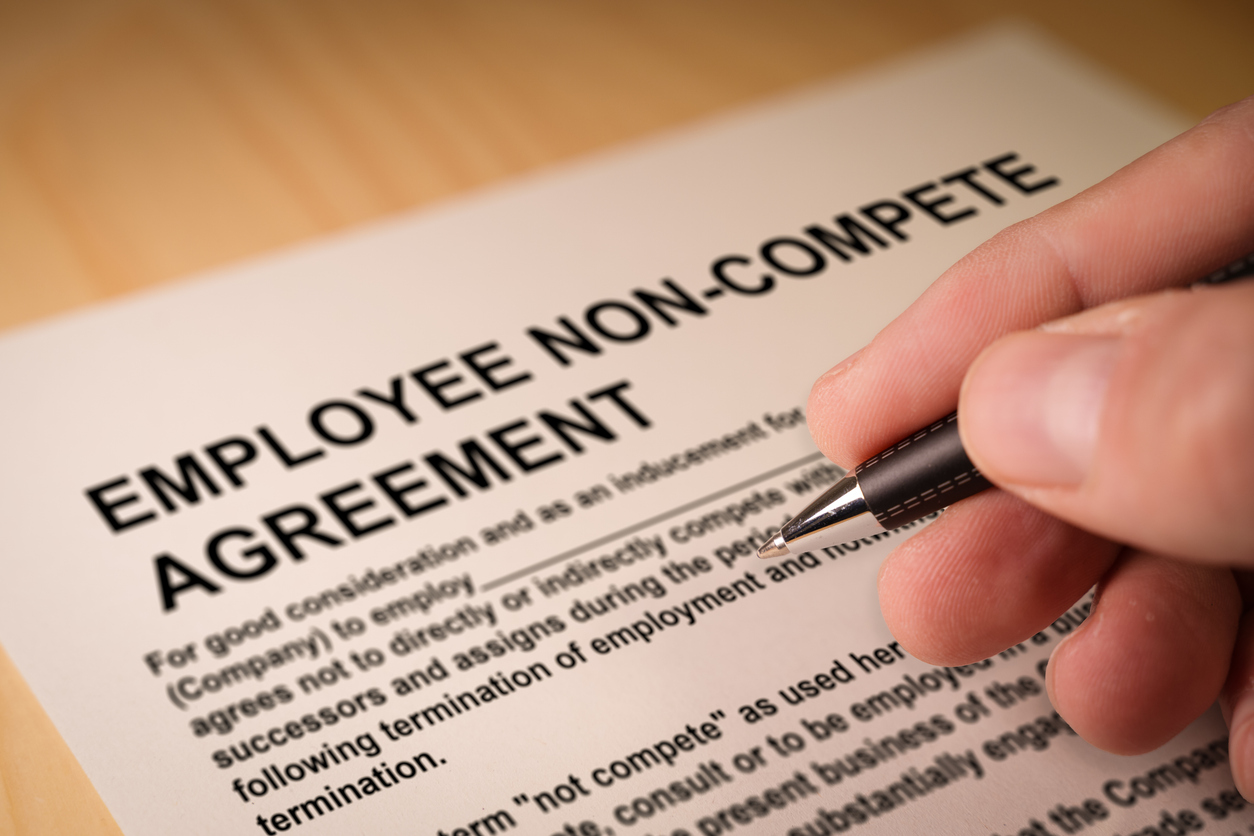When an insured disputes coverage or the amount of loss under an insurance policy, it frequently finds it necessary to hire a claims professional – a licensed public adjuster or other claim consultant, or an attorney for assistance.
Insurance companies have claim professionals on staff and are equipped as a business practice to resolve disputed issues of coverage or damages, but most insureds are not. For some of the complex or substantial commercial and condominium claims we represent, a lawsuit can be necessary to resolve the dispute and the insured’s claim professional continues to assist with understanding the facts of the claim investigation – what property was damaged, the condition of the property before and after the event triggering coverage, and the measures taken to mitigate the damages, for example. Issues concerning discovery of those communications during the lawsuit can arise. The attorney/client privilege, and the related doctrine of attorney work-product immunity from disclosure, limit discovery of communications with an attorney.
In some states where we practice, such as Colorado, the attorney-client privilege has been codified in a statute, and is generally described in the following terms:
An attorney shall not be examined without the consent of his client as to any communication made by the client to him or his advice given thereon in the course of professional employment; nor shall an attorney’s secretary, paralegal, legal assistant, stenographer, or clerk be examined without the consent of his employer concerning any fact, the knowledge of which he has acquired in such capacity.1
When claims cannot be settled without a lawsuit, attorneys frequently need to obtain factual information to advise the client, and there are many sources of that information – the documents in the underlying claim process reflecting the investigation, the insurance carriers claims notes or log (in a bad faith case, where such internal documents are discoverable), depositions and other information preserved for the legal process.
Attorneys are routinely called on to provide advice to their clients, in confidence, and such communications are protected from intrusion by others outside that privilege. However, if persons that are not related to or employed by the insured client are included in an otherwise confidential communication with the attorney, the privilege may be waived, and the communication becomes discoverable evidence in a lawsuit.2 But often the attorney needs to advise the insured client about facts that are not readily evident from those other materials and may need to include the public adjuster or other claim professional in a communication with the client enabling the attorney to give advice. Since the claim professional may be deemed to be a “third-party” to this communication, can the communication still be protected from discovery as a confidential attorney-client “privileged” communication, immune from discovery?
Many states provide protection for such communications in recognition of the practical necessity of including knowledgeable “third-parties” in the conference. Where an insured has hired an independent contractor or an agent or other representative to investigate or control some activity important to the insured, an “organizational privilege” may arise. This formulation of the privilege is commonly attributed to the United States Supreme Court in Upjohn Co. v. United States,3 where the Court analyzed the scope of the attorney-client privilege in the corporate context. The Court rejected what had previously been known as the “control group” test where only senior management responsible for making a decision on the issue the privileged communications involved, and instead concluded:
(1) that the information, not available from higher management, was needed to supply a basis for legal advice; (2) that the communications concerned matters within the scope of the employees’ corporate duties; (3) that the employees were aware that they were being questioned so that the corporation could obtain legal advice; and (4) that the communications were considered “highly confidential” when made and were kept confidential by the company.
The highest court in the country has recognized that entities like corporations necessarily must act through their employees and representatives. And many times, those are the people who were actually involved in the underlying events on which advice is needed, rather than management of the company. It is a short leap to extend these principles to organizations that hire outsiders to perform some function, like a public adjuster or other claim professional might for an organization during a claim investigation. The Chief Justice of the Colorado Supreme Court provided an analysis to apply this “organizational privilege” to the independent contractors or other representatives of an agency in Alliance Construction Solutions, Inc. v. Department of Corrections.4
In Alliance Construction, the Colorado Supreme Court considered:
[W]hether the purposes supporting the attorney-client privilege-including the attorney’s need to gather relevant information in order to provide sound legal advice are supported by applying the privilege to protect communications between governmental counsel and persons who, though not formally employed by the governmental entity, have the kind of significant relationship with the entity that makes it appropriate to consider them functional employees for the purposes of the privilege.”5
The court held:
We find the Bieter court’s analysis persuasive and conclude that there are circumstances when the attorney-client privilege protects communications between a governmental entity’s independent contractor and the entity’s counsel. Moreover, this conclusion comports with our reasoning in Gordon v. Boyles, 9 P.3d 1106 (Colo. 2000) and Nat’l Farmers Union Prop. & Cas. Co. v. Dist. Court, 718 P.2d 1044 (Colo. 1986). Because we have concluded that the attorney-client privilege protects communications made to the attorney in order for him to provide sound legal advice, Gordon, 9 P.3d at 1123; Nat’l Farmers, 718 P.2d at 1049, we agree with the Bieter court that a formal distinction between an employee and an independent contractor conflicts with the purposes supporting the privilege. An independent contractor with a meaningful relationship to the governmental entity may possess important information needed by the attorney to provide effective representation.6
The Colorado Supreme Court held:
[F]or the attorney-client privilege to apply in the context at issue, the information-giver must be an employee, agent, or independent contractor with a significant relationship not only to the governmental entity but also to the transaction that is the subject of the governmental entity’s need for legal services. Thus, the type of relationship between the client and the information-giver must be closely analyzed to determine the application of the privilege.
These standards can apply to a claims professional such as a public adjuster if the necessary relationship – a written agreement between the adjuster and the insured – exists and close relationship with the transaction at issue – investigation of the claim circumstances – all exist.
Care is required to maintain the privilege, so the participants in a communication must follow the rules established to maintain confidentiality of the communications and avoid any waiver. However, given the critical role that outside claims professionals often have in the claim investigation and close evaluation of the damage circumstances, common sense should allow an attorney to join that third-party in confidential conferences with the client to assure that both the client and attorney have the critical facts needed for the attorney to provide legal advice. The courts seem to agree.
______________________
1 Colo. Rev. Stat. §13-90-107(1)(b) (2001).
2 This issue is discussed in this blog in the context of attorney representation of a corporation, partnership, limited liability corporation or other organizational entity, including not-for-profit community associations. The principles discussed should be similarly applicable to circumstances in which an individual retains a claims professional and that “third-party” is asked by legal counsel to assist in providing facts on which to advise the client.
3 Upjohn Co. v. United States, 449 U.S. 383, 101 S.Ct. 677, 66 L.Ed.2d 584 (1981).
4 Alliance Construction Solutions, Inc. v. Department of Corrections, 54 P.3d 861, 867-70 (Colo. 2002).
5 Id. at 867.
6 Id. at 867, relying on In re Bieter Co., 16 F.3d 929 (8th Cir. 1994).



